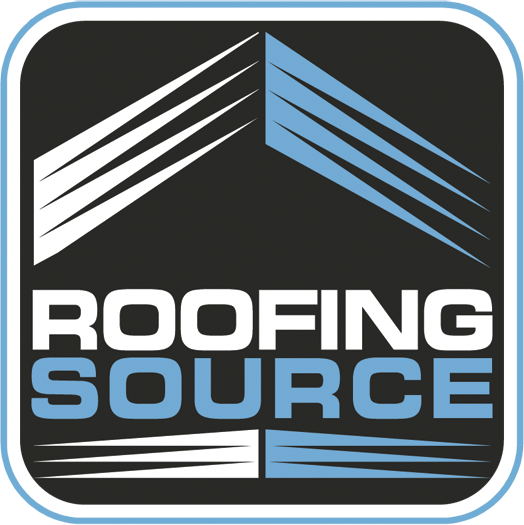When deciding whether to repair or replace a roof, several factors should guide your choice. The roof's age, extent of damage, and presence of moisture in the insulation are crucial considerations that impact both cost and long-term performance.
Evaluate below key factors to make an informed decision that protects your investment and ensures the safety of your facility.
1. Roof Age and Expected Lifespan. Most commercial roofs last 20-30 years. If your roof is nearing the end of this range, replacing it may be more economical than continuous repairs. While warranties typically cover 15-20 years, with proper maintenance, roofs can last an additional 10 years or more. For roofs within or beyond this extended period, replacement is wise to avoid repeated repair costs. Conversely, if your roof is relatively new, targeted repairs may effectively extend its service life.
2. Extent of Issues: Widespread vs. Localized Problems. Consider whether roof problems are localized or widespread. If the damage is confined to a few areas, targeted repairs may be cost-effective and extend the roof's life. However, widespread issues, such as multiple leaks or damage across large areas, may indicate deeper problems. In such cases, especially for older roofs, replacing the roof might be more cost-effective than frequent repairs.
3. Moisture in the Insulation. Moisture trapped in the insulation can lead to premature roof failure. If moisture is limited to a small area, replacing the affected insulation might suffice. However, widespread moisture suggests a full roof replacement, as it can degrade materials and compromise structural integrity.
Interested in getting your roof protected? Request service online or call our team at (833) 247-7663


